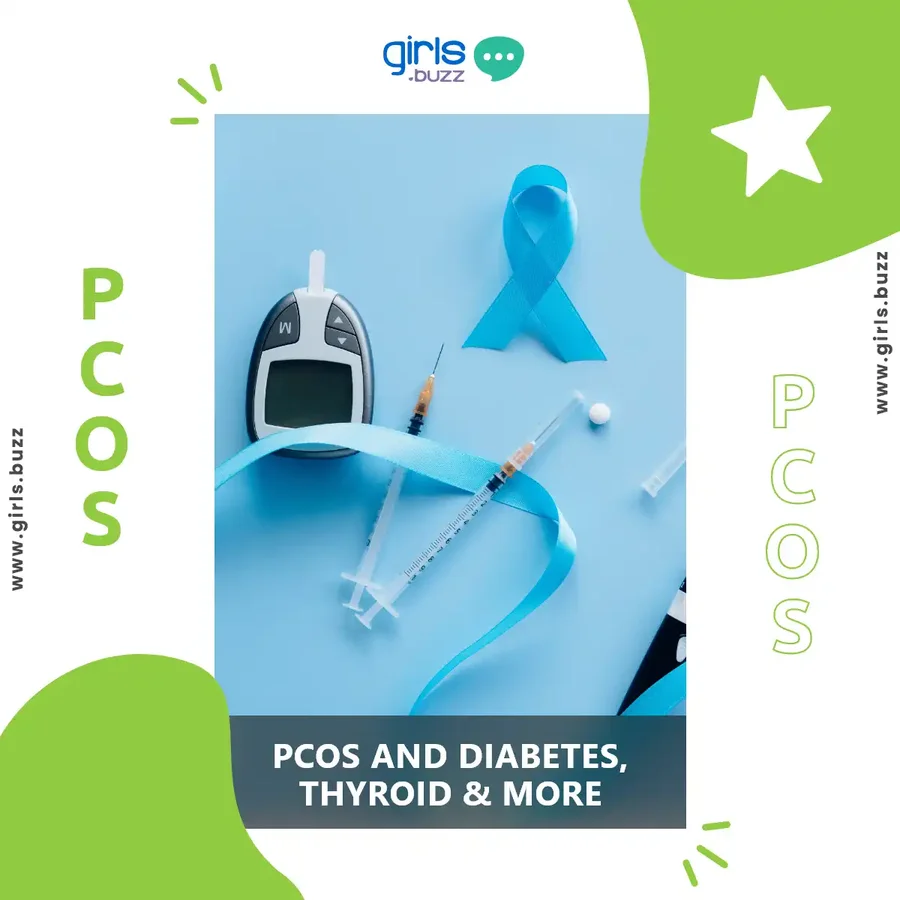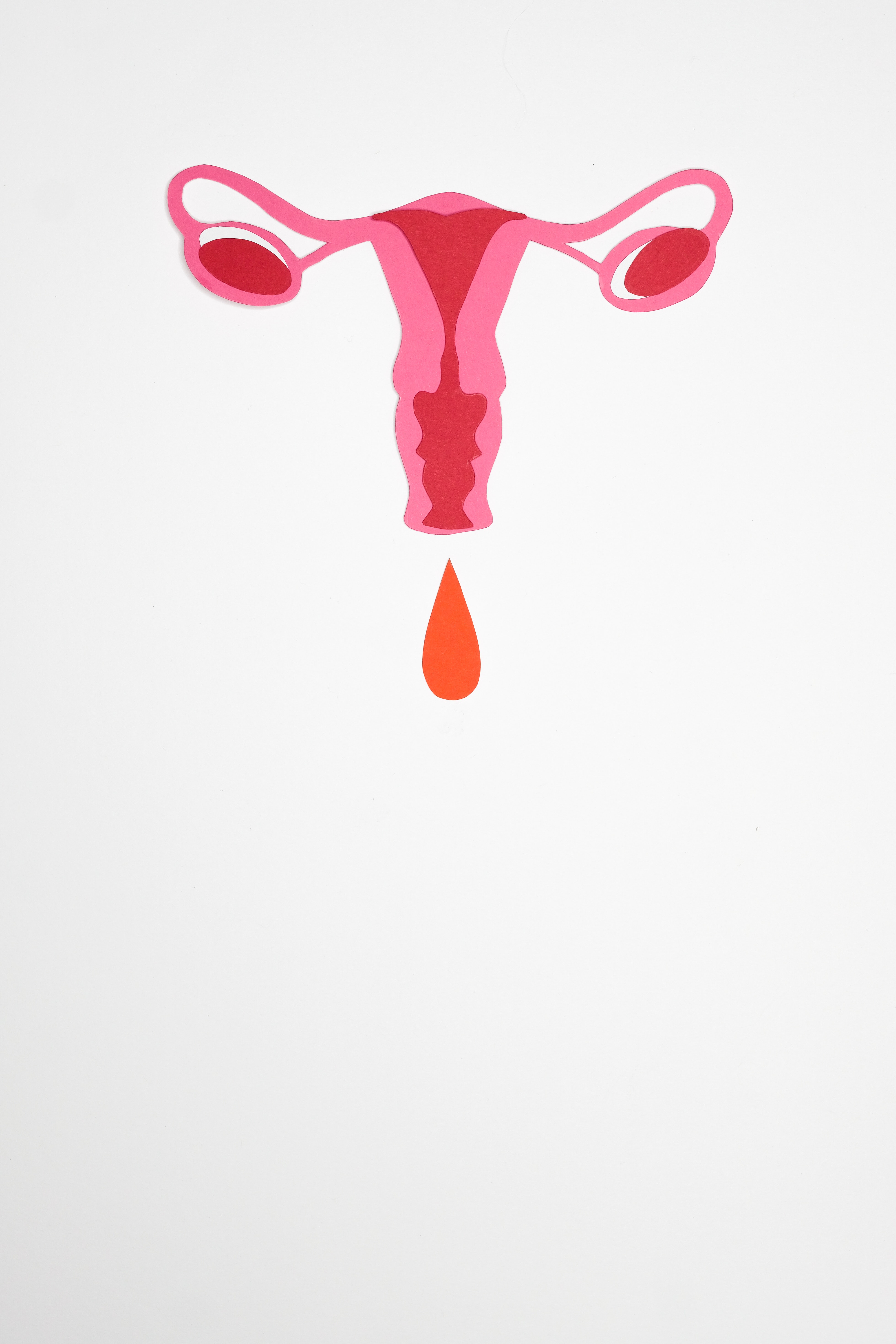PCOS And Underlying Health Conditions
3 minuteRead

Polycystic Ovary Syndrome is a condition which is becoming very common in women in their child bearing age. The main cause of PCOS can be high levels of testosterone, cysts in the ovaries or insulin resistance. Women with PCOS often have high levels of testosterone in their bodies which leads to excessive hair growth, acne and male pattern baldness. It also affects the egg quality and ovulation. Another factor affecting women with PCOS is insulin resistance where the body becomes resistant to insulin and does not respond well to it which can cause issues like diabetes. Other health conditions related to PCOS are heart health issues, high blood pressure, anxiety, depression and sleeping disorders.
We have talked about some of the health issue caused due to PCOS below:
PCOS and Diabetes:
Type 2 diabetes is one of the conditions women with PCOS are most likely to develop. The root cause behind PCOS and diabetes is insulin resistance. Insulin resistance is a condition where your body becomes resistant to or doesn’t respond to insulin, a hormone produced by pancreas. In simpler terms, glucose/sugar from the blood is not easily taken up by the cells. For that, pancreas secrete more of this hormone which leads to increased blood sugar levels and insulin resistance. The symptoms of insulin resistance in women with PCOS can be obesity and irregular menstrual cycle. Insulin resistance is directly linked with type 2 diabetes where the blood sugar level goes up and the body becomes resistant to insulin. Therefore, there is a link between PCOS and diabetes and insulin resistance is the major reason behind it.
PCOS and thyroid:
Thyroid is one of the most common conditions caused due to PCOS or vice versa. PCOS and thyroid are both hormonal conditions that affect a woman’s ovaries. PCOS is a condition wherein a woman might have multiple cysts in her ovaries which can prevent ovulation thus affecting her menstrual cycle. Similarly, thyroid might also cause cysts in the ovaries that can affect ovulation and menstrual cycle. So, PCOS is one of the reasons for women to have thyroid or vice versa.
Obesity:
Obesity is a common issue found in women with PCOS but that does not mean that every women with PCOS will be overweight or obese. As stated earlier, insulin resistance is the major factor that affects women with PCOS. So the body does not react well to insulin due to which the pancreas starts producing the insulin hormone in larger quantities due to which the body becomes resistant or doesn’t react to it. The building up of insulin leads to weight gain and obesity. Women with PCOS are often advised to lose weight and that is because of the same reason. Losing weight can help with insulin resistance thus can help to reverse PCOS and get your menstrual cycle back on track but women more than often feel it’s difficult to lose weight with PCOS.
Hirsutism:
Hirsutism is yet another underlying condition caused due to PCOS. Hirsutism is a condition in which women have excessive hair growth on their face, chest, abdomen and back. Women with PCOS often have increased testosterone levels which causes Hirsutism, acne and alopecia. Increased testosterone levels and insulin resistance is interlinked which means if your body starts reacting well to insulin, your testosterone levels go down hence improving your PCOS and Hirsutism.
Infertility:
Infertility is also common in women with PCOS. This happens due to the male hormones secreted by the ovaries in large amounts. This does not allow women to ovulate regularly. Since the egg does not get released regularly, fertilisation does not take place hence the problem of infertility arises. Insulin resistance and being overweight is another cause of infertility in women with PCOS. Making some lifestyle changes can definitely increase your chances of having a successful pregnancy.
Disclaimer: Please consult your gynaecologist if you have any of these health issues.
Write, Record and Answer! Consume Unlimited Content! All you need to do is sign in and its absolutely free!
Continue with one click!!By signing up, you agree to our Terms and Conditions and Privacy Policy.













